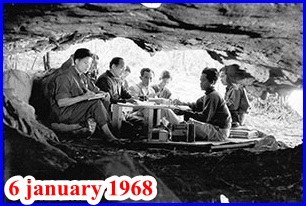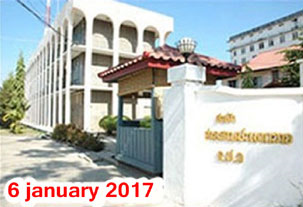Profile of the Lao News Agency (KPL)



IN accordance with the presidential decision of the central Neo Lao Haksat (Lao Patriotic Front), Khaosan Pathet Lao (KPL) was established on January 6, 1968 in Viengsay, northern Houaphanh province. Its first director was Mr. Sisana Sisane.
Then, it was a small news agency, staffed with only a dozen of reporters and technicians. Their task was to collect, process and supply news to the Pathet Lao radio and the "Lao Haksat" newspaper, the mouthpieces of the revolutionary movement. To reach the outside world, the news agency transmitted news in English through short wave radio.
After the establishment of the Lao People's Democratic Republic on December 2, 1975, KPL, in addition to publishing its bulletin in the Lao language put out daily bulletins in English and French.
In April 1979, the agency launched its first issue of the quarterly "Pathet Lao" magazine and in 1987 its first quarterly English version appeared. Since 1997, the magazine has come out on a monthly basis.
At the initial stage, news transmission was done by means of telegraphic machine (Morse). In the 1970s, teleprinters T-51 was introduced for news transmission to outside world. However, telegraphic machines still played their role in news transmission within the country.
In the 1990s the agency's technical facilities were gradually updated. News transmission system between and among the provinces was done through computers and facsimiles instead out of date technology. News reception from and transmission to other countries was speeded up by replacing the T- 51 teleprinters with newer models T-100 then T-1000. Eventually, teleprinters became obsolete and computerization has been introduced. News transmission by means of short wave transmission has been replaced by satellite system.
At present, E-mail has been introduced for domestic and international transmission of news and information. Computerization is under way within KPL. Authorization has been granted for the use of internet.
KPL has its own branches in all the provinces and sub-branches in all districts across the country.
KPL has signed bilateral agreements with a number of national news agencies and is a member of the News Pool of Non-Aligned Countries and the Organization of the Asian and Pacific News Agencies (OANA)
KPL is the main information source in the country. It collects and supplies news to newspapers, radio and TV stations. KPL as well as other media are state owned institutions. Therefore, KPL depends on government's input, which is limited.